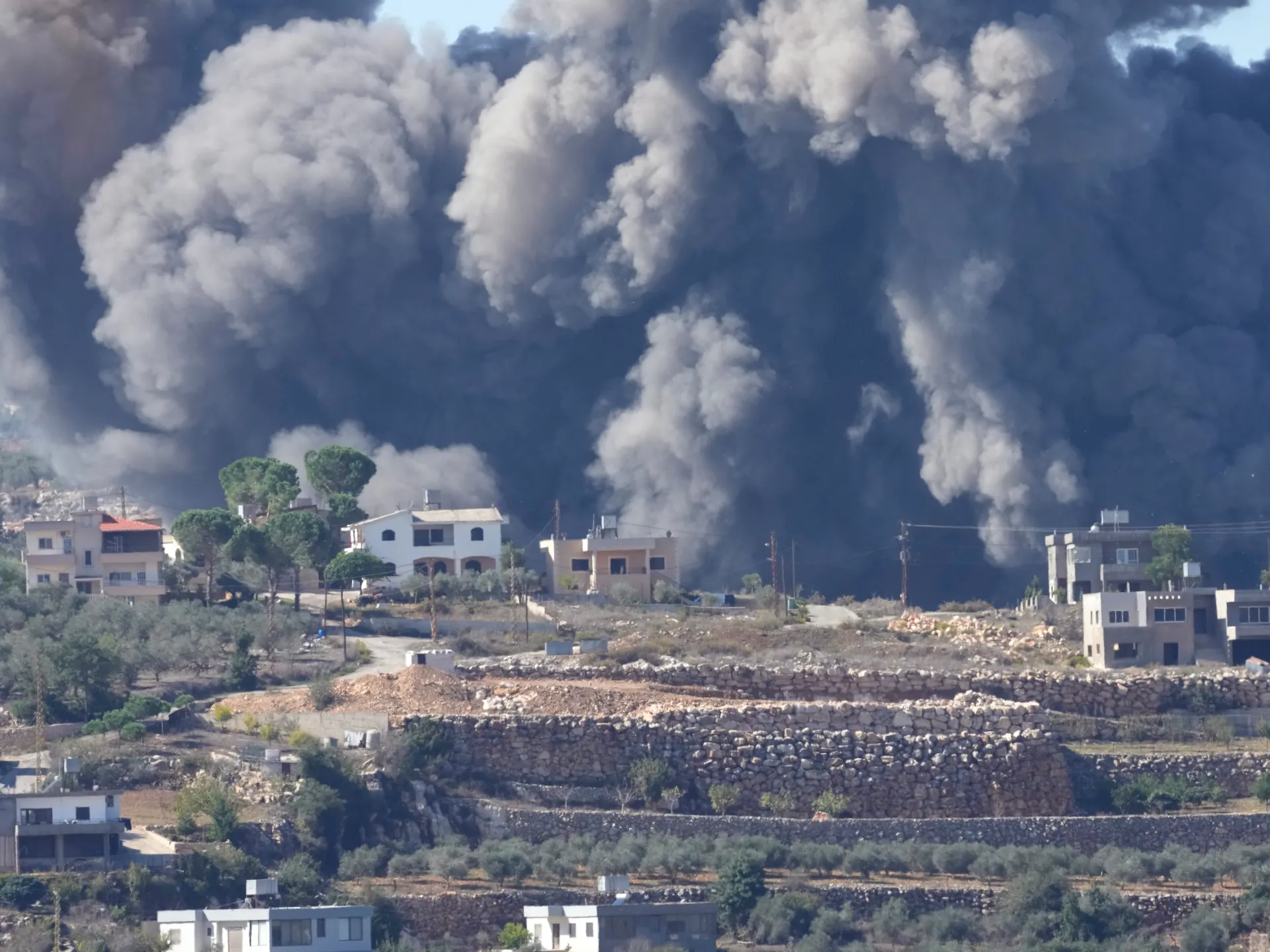Since the very first days of the October escalations on the southern Lebanese front, public opinion in Lebanon has been deeply split. Between those calling for keeping Lebanon out of the conflict and those calling for further military support for Palestinian resistance groups, many nuanced positions have also emerged.
Campaigns to boycott companies or Lebanese franchisors of companies that have relations and/or provide funding for Israeli entities further split the country’s public opinion.
While Starbucks and McDonald’s have seen a significant decrease in customer presence, the decision not to boycott was also used as a political stance.
A recent post on X (formerly Twitter) by a Kataeb party supporter, which has now been taken down, flaunting her Zara outfit and Starbucks coffee caused widespread controversy. Deemed inhumane by most given its disregard of human loss in Gaza and the region as a result of Israeli bombing, the author linked the decision not to boycott with the stance of keeping Lebanon out of the war and “putting the country’s interests first.”
The more recent global strike in solidarity with Palestine on December 11 also revealed many fractures in Lebanese public opinion. As the government announced the 11th as an official day of strike, reports revealed that many Lebanese felt that the strike was imposed on them and that their daily labor was halted for a cause they don’t feel attached to.
Traditional Political Parties
The positions of well-established political parties in Lebanon were relatively predictable. Hezbollah and its allies have declared a clearcut involvement in the fighting and have committed themselves to supporting Hamas and working with regional allies against Israeli forces.
On their part, the Lebanese Forces, Kataeb and other old 14-March coalition parties have also taken a clearcut stance since the first escalations of the conflict to keep Lebanon out of the current warfare. Furthermore, the groups have blamed Hezbollah for the country’s involvement in the conflict and have rejected plans for the government to compensate for people affected, calling for Hezbollah to handle such compensation.
For independent and pro-change groups and politicians, opinions varied greatly. A newly formed coalition between MPs Michel Douaihy, Marc Daou and Waddah Sadek has declared its solidarity with the Palestinian cause but has called on keeping Lebanon out of the conflict from a military point of view.
Other pro-change groups have decided to stay silent on the militaristic side of things and have committed to solidarity, governmental and diplomatic efforts to support Palestinians and Lebanese impacted by the conflict.
Nuanced Positions
More nuanced positions also emerged throughout the last few months, as some have shed a light on Lebanese statelessness and the lack of adequate democratic mechanisms to ensure national unity in the face of such existential prospects.
The lack of adequate state institutions, democratic mechanisms and leadership have deleterious impacts on the country’s ability to strategically prepare for warfare, provide the adequate protections for those affected, and transition from sporadic efforts to a coordinated and united front.
As it stands, Lebanon’s population continues to be highly fragmented as conflict is not the only file that has witnessed sharp divisions in public opinion. Sectarian dynamics, refugee presence, banks and the economy and many other files have constrained pathways for social harmony and have been used as scapegoats for the failures of the country’s ruling class.


